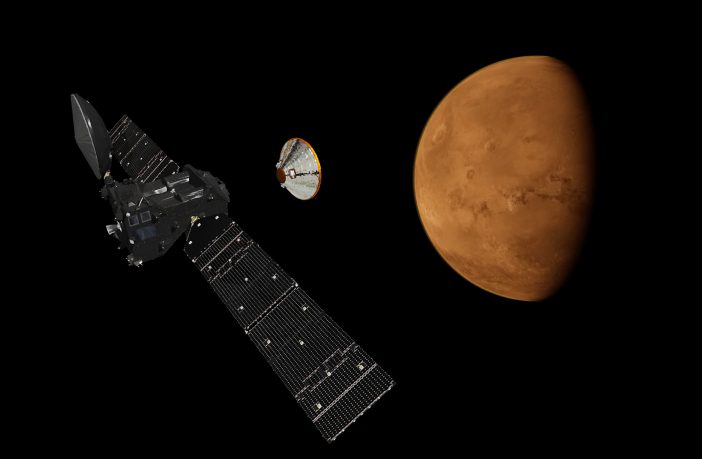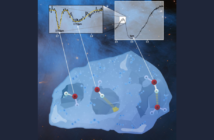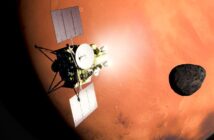Establishing whether the planet Mars has ever supported life is one of the great unanswered questions of modern science.
On Monday 14 March 2016, the European Space Agency (ESA) will be launching its ExoMars Mission to investigate the environment of the Red Planet.
The ExoMars Trace Gas Orbiter (TGO), which is due to launch from Baikonur, Kazakhstan, for a seven month journey to Planet Mars, will transport an on-board lab to identify methane gas emissions; this could indicate whether life-forms.
Co-leading on NOMAD (Nadir and Occultation for MArs Discovery) with academics from three other higher education and research institutions** is The Open University Department of Physical Sciences.
Last week, we interviewed Senior Lecturer, Department of Physical Sciences at The Open University and Co-Principal Investigator of the NOMAD instrument, Dr Manish Patel. Here’s his brief summary of the mission:
More information is available on The Open University Research website.
**NOMAD collaborating institutions: Belgian Institute for Space Aeronomy, Belgium; Instituto de Astrofísica de Andalucía, Spain; Istituto Nazionale di Astrofisica, Italy. Participating countries are Belgium Canada, Italy, Spain, United Kingdom, and United States of America
Mission progress
In April 2018, after a year of extremely dangerous aerobraking, the ExoMars TGO began transmitting photographs of the surface from its camera system. Learn more about what it has discovered on the surface of Planet Mars.



